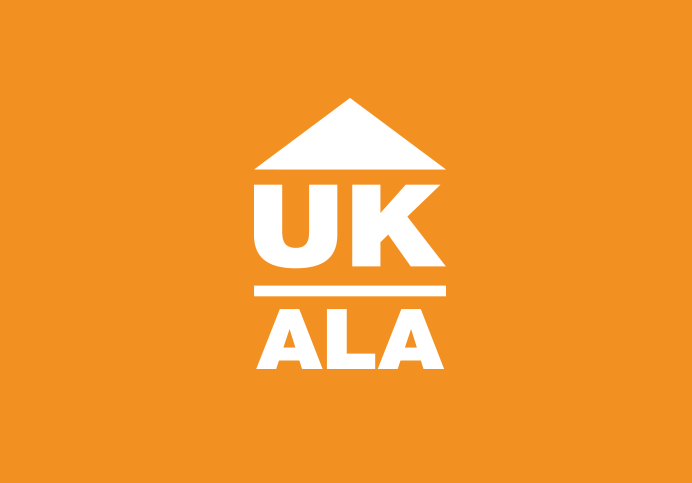
Repayment of the deposit in the event of a dispute
If there is a dispute about how the deposit should be split, the landlord or agent should advise the tenant of the deductions that they are making and return the undisputed proportion of the deposit to the tenant as soon as possible.
It will help the tenant to understand the situation better if this advice is in writing and includes an explanation and justification for any of the deposit that is being withheld.
If there is a dispute about how the deposit should be split, the landlord or agent should advise the tenant of the deductions that they are making and return the undisputed proportion of the deposit to the tenant as soon as possible.
It will help the tenant to understand the situation better if this advice is in writing and includes an explanation and justification for any of the deposit that is being withheld.
Custodial Scheme
If the deposit is held in the custodial scheme both parties should apply to the scheme for the undisputed proportion to be released and notify the scheme of the remaining amount which is in dispute. The agreed amount will be released and the disputed amount will continue to be protected until the dispute is resolved. Once the scheme is notified of the outcome of the resolution it will release the money within 10 days.
Insurance-based scheme
If the deposit is protected by one of the insurance-based schemes the landlord will be holding the deposit. If the tenant does not accept the deductions made by the landlord/agent, the tenant will be able to notify the scheme that they intend to raise a dispute. The scheme will provide the tenant with suggestions aimed at helping the tenant resolve their dispute amicably with their landlord/agent.
If attempts to resolve matters amicably are unsuccessful, the tenant can make their dispute official and complete the necessary procedures within certain timescales. They will need to complete and return a ‘claim form’ with supporting evidence within 10 days. Once this has been received, the insurance scheme will contact the landlord/agent and request them to submit the disputed amount of the deposit (which may be all or part of it) to the scheme for them to hold whilst the dispute is resolved. Once the scheme has requested the disputed amount the landlord/agent has 10 days in which to hand it over.
As well as asking for the disputed amount of money, the scheme will also provide the landlord with a copy of the tenant’s claim form and evidence and ask the landlord to agree that the disputed amount should be repaid to the tenant or, alternatively, provide his own evidence to support his claim.
If the landlord fails to lodge the disputed deposit amount with the scheme then their membership of the insurance scheme will be terminated. As a result he will be forced to use the custodial scheme to protect any future deposits and will have to transfer existing protected deposits into the custodial scheme within a prescribed period. In addition, if the dispute is resolved in favour of the tenant the Scheme will pay the disputed amount to the tenant and claim it from the scheme’s insurer. That insurer will then pursue the landlord for recovery of the disputed amount and the costs of the recovery process.
Alternative Dispute Resolution
For both custodial and insurance based schemes, as part of the claim process both parties will be asked whether they agree to use the free ADR to resolve the dispute.
All three schemes are bound to provide a free Alternative Dispute Resolution (ADR) facility to enable a dispute to be resolved quickly and without the expense of having to go to court. Either party can choose to go to court (with the increased associated costs) instead of using ADR but if both parties agree to use ADR they have to agree to be bound by the outcome. They do not have the right to go to court to appeal against the decision reached through alternative dispute resolution.
If both parties agree to use ADR the impartial adjudicator will have 28 days to reach a decision. This decision is final and binding.